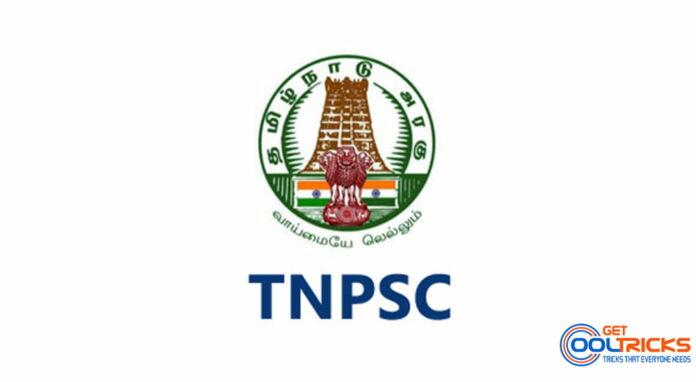What TNPSC wants?
“The questions are likely to test the candidate’s basic understanding of all relevant issues, and ability to analyze, and take a view on conflicting socio-economic goals, objectives and demands. The candidates must give relevant, meaningful and succinct answers.”
STEP – 1 – Understanding the Question
- The questions should be read thoroughly in the first five to ten minutes of the exam. Then decide on the questions which are to be answered first.
- In the TNPSC Mains Exam questions are framed in such a manner which may confuse the students. High possibilities are there that the answers go off-topic or go to a sub-topic which shouldn’t be the main part of your answer.
- Directive words and keywords in the question will help you to answer the question properly.
- There may be two or three parts for a single question. Equal attention should be given to all the parts, depending on their importance.
- Beating around the bush should be avoided as it may create a negative impact on the examiner.
STEP – 2 Writing answer according to the directive words
- Every question has its own directive words. For example -: ” Discuss the role of the Public Accounts Committee in establishing accountability of the government to the people.”
In the above question, the directive word is “discuss” and the answer should be framed as per the directive word
- Common directives words and what to be written in the answer are given below
| Analyze | Break an issue into its constituent parts. Look in depth at each part using supporting arguments and evidence for and against as well as how these interrelate with one another. You need not take any stand when the directive word is “analyze” you just have to summarize on the basis of your analysis. |
| Critically Analyze | The only difference between “analyze” and “critically analyze” is that in critically analyze you have to take a stand. The stand should be based on your analysis of each component. |
| Discuss | Essentially this is a written debate where you are using your skill at reasoning, backed up by carefully selected evidence to make a case for and against an argument, or point out the advantages and disadvantages of a given context. Remember to arrive at a conclusion. |
| Evaluate | Give your verdict as to what extent a statement or findings within a piece of research are true, or to what extent you agree with them. Provide evidence taken from a wide range of sources that both agree with and contradict an argument. Come to a final conclusion, basing your decision on what you judge to be the most important factors and justify how you have made your choice. |
| Examine | Look in close detail and establish the key facts and important issues surrounding a topic. This should be a critical evaluation and you should try and offer reasons as to why the facts and issues you have identified are the most important, as well as explain the different ways they could be construed. |
| Critically Examine | Stating both pros and cons of the issue and giving a balanced conclusion. |
| Comment | Pick out the main points on a subject and give your opinion, reinforcing your point of view using logic and reference to relevant evidence, including any wider reading you have done. |
| Critically comment | You should demonstrate knowledge of the topic, both negative and positive and then offer your opinion of the aspect. |
| Explain | Clarify a topic by giving a detailed account as to how and why it occurs, or what is meant by the use of this term in a particular context. Your writing should have clarity so that complex procedures or sequences of events can be understood, defining key terms where appropriate, and being substantiated with relevant research. |
| Describe | Provide a detailed explanation as to how and why something happens. |
| Justify | Make a case by providing a body of evidence to support your ideas and points of view. In order to present a balanced argument, consider opinions which may run contrary to your own before stating your conclusion. |
| Elaborate | To give in more detail, provide more information about the central focus of the question |
| Substantiate | Using evidence to justify your arguments. Evidence can be official statistics, statements etc. |
STEP 3 -Answer structure and Presentation
- This is the most important section in the whole answer writing process.
- The style of writing depends upon the question asked. If the question says to discuss, analyse or critically examine, it would be better to answer the question in paragraph format. On the other hand, if the question asks you to list the advantages or give reasons for/ against etc., it is better to go in for the point format of answering.
- It is better to write answers with an introduction, body and conclusion.
- Give as many dimensions as possible in the answer rather than covering the issue in depth. TNPSC prefers dimensions over depth.
- The facts and figures in the answers should be presented in an interesting way not like in an essay or passage.
- Diagrams, subheadings, flowcharts, and maps will enhance the quality of your answers and may fetch better marks.
- Underlining wherever relevant is important as it will help to draw the attention of the examiner.
- TNPSC question paper says “content is more important than its length”, hence word limit should adhere to this. If you cross the word limit you will have to compromise with the time available for other questions.
- Use simple language, and avoid jargon.
- Regular in our Answer writing Practice will help you to inculcate these qualities.


